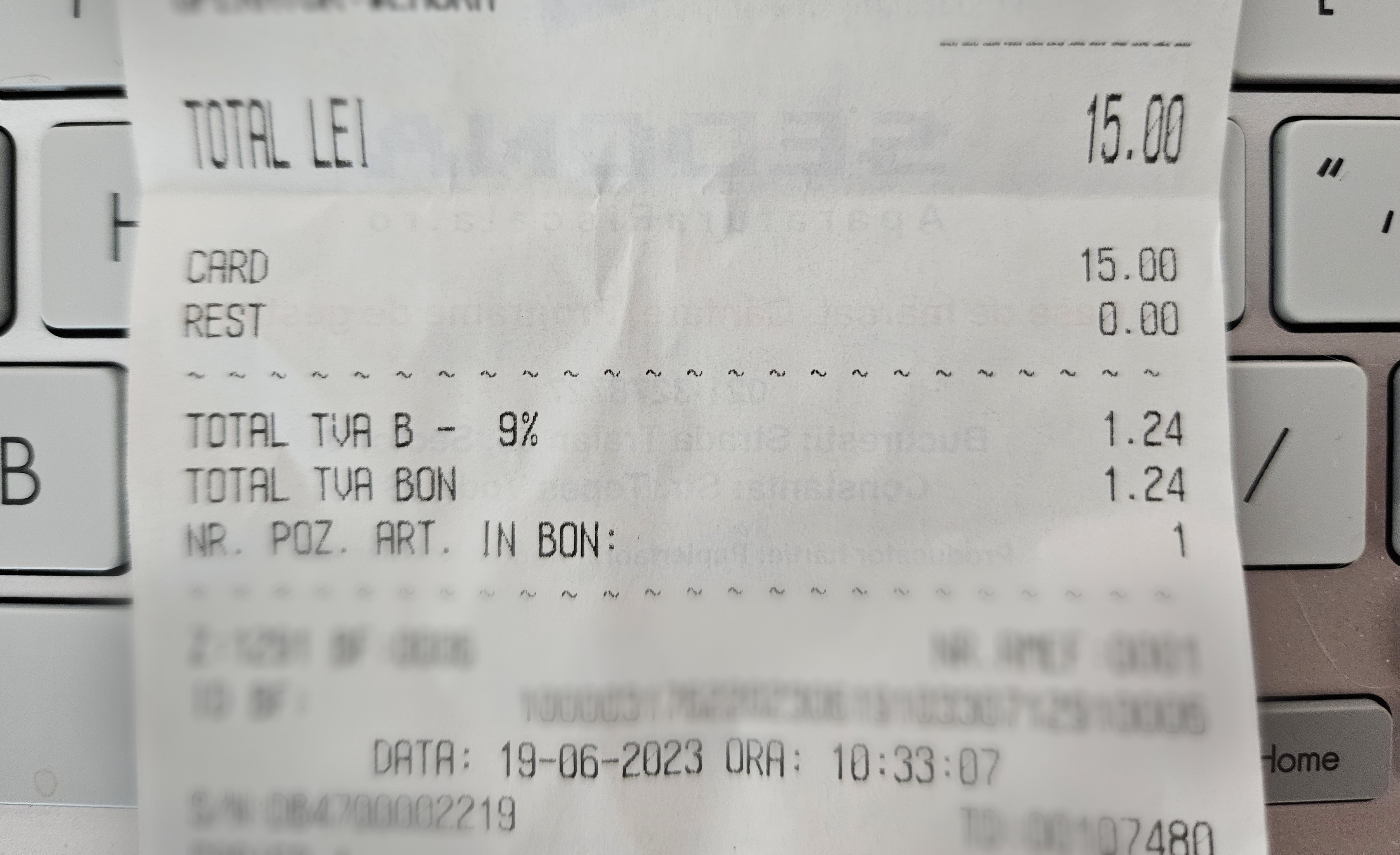
A strange question I asked the barista in the cafe (she also worked with the cash register): what kind of coffee do you have with 9% VAT? He replied that he did not know.
I continued: I guess no one has asked you this before.
She confirmed. He didn’t really understand why I was asking that. Finally I said: give me a cappuccino!
The young lady pressed the amount on the register, took out the receipt, looked at the paper pulled out by the machine to see what it said, and told me: VAT 9%.
*The discussion took place this morning

At the beginning of the year, in February, we drew attention to the fact that the fiscal changes introduced by Decree 16/2022 can be interpreted in relation to ready-made coffee. At the time, Mariana Vizoli, a VAT expert, told us that the tax authorities unofficially believe that it should be 19% “regardless of whether it is served with sugar/milk or not”.
Also at that time, the Chamber of Tax Consultants (CCF) requested official clarifications from ANAF.
In a long reply, ANAF writes: “liquid food products based on coffee, tea or cocoa, which are consumed directly as beverages, are classified, depending on their characteristics and objective properties, under either NC code 2202 10 00 or NC code 2202 10 00 or to CN code 2202 99, provided that they are not alcoholic beverages, thus applying the standard VAT rate of 19% starting January 1, 2023.”
This reply was received on May 31, 2023.
Since these clarifications were not clear enough, the Chamber of Fiscal Consultants returned the question to the Ministry of Finance, since ANAF did not answer the question.
“In the appeal sent by ANAF – Public Finance Sector Administration 1, we find an opinion only for coffee, tea or cocoa, in a liquid state, which is consumed directly as a beverage, but not for lemonade,” CCF said in the appeal sent to Finance.
In conclusion, there are still cafes that do not know how to interpret correctly, as in the case presented at the beginning. The receipt says that VAT is 9%, although it should be 19%. The question is whether ANAF, when it comes under control, will force the companies to pay more. The problem is that the legislation is still open to interpretation.
Photo source: Dreamstime.com
Source: Hot News
Lori Barajas is an accomplished journalist, known for her insightful and thought-provoking writing on economy. She currently works as a writer at 247 news reel. With a passion for understanding the economy, Lori’s writing delves deep into the financial issues that matter most, providing readers with a unique perspective on current events.